The Impact of Blockchain on Data Analytics
Blockchain technology is making a new trend in different industries, from healthcare to supply chain management. This technological advance has greatly impacted the data analytics field by solving the biggest issues with the data. In a matter of microseconds, blockchain distributes 100 percent open information on an unchangeable ledger accessible only by members with special permission. This article will discuss the role of blockchain in data analytics.
A Brief Overview Of Blockchain
Blockchain is a shared, immutable, decentralised ledger. Every block has a unique cryptographic value known as a hash. It includes a group of data, such as transactions or smart contracts. This structure strives to ensure data stays safe through its consensus system, demonstrating transactions before adding them to the blockchain. Blockchain guarantees data confidentiality, which is revolutionary in data analytics. Once data is added to a block and confirmed by the network, the ledger becomes immutable, which means it cannot be changed or altered without permission. Data reliability and precision are essential for data analytics, and blockchain offers these features.
Blockchain can be used in many cases, including tracking and tracing products through supply chain management to store patients’ healthcare data and record and analyse financial transactions.
How does blockchain enhance data security in data analytics?
The risk of data or any personal information being leaked is expected, so blockchain comes to save everyone. Blockchain can help improve data security in data analytics by safely keeping all the data in its system. As a result, by distributing data among several network nodes, blockchain eliminates the possibility of data breaches. To further improve security, the consensus setup makes sure that all nodes agree on a transaction’s authenticity before adding it to the blockchain.
For secure and transparent transactions in today’s digital ecosystems, blockchain technology and data security are essential. It supports data security within marketing operations. Through its unique features of decentralisation and encryption, blockchain protects sensitive data from unauthorised access or tampering. You may refer to it as a digital ledger that keeps the data on several computer networks rather than a single, centralised server. Because blockchain technology is decentralised, it is nearly impossible for one party to control or manipulate the data. Each transaction or piece of data you make is recorded in a block and linked to the previous one. It creates an immutable and transparent chain of blocks that is not easy to hack because of the hashing algorithm, which cannot be decoded. Let’s know more about blockchain’s features:
Encryption
Blockchain uses smart techniques to keep data secure during transactions. Every block gets a unique digital signature, ensuring only authorised parties can change or view it. This cryptographic protection safeguards sensitive marketing data from unauthorised tampering or interception.
Decentralisation
Conventional databases are vulnerable to hacks and data leaks because they need a central authority to oversee and verify transactions. Therefore, the feature of blockchain technology for data analytics to spread the data on different network nodes reduces the possibility of a single point of failure. Just because of this setup, hackers find it very challenging to damage the security of the data.
The decentralised structure of blockchain further enhances transparency. Because every transaction on the blockchain is visible to everyone and is publicly recorded, there is a greater sense of accountability and confidence. This transparency can be very beneficial in data analytics, where data integrity and dependability are compulsory.
Almost Impossible to Hack
Hacking blockchain data is next to impossible. It was easy to corrupt or hack into traditional networks, but now, with blockchain’s power, it is impossible. The data in the blockchain is encrypted, sent to different network nodes, and verified by the whole network. Once a record is on the ledger, it’s almost impossible to alter or remove it without it being noticed and invalidating the signature. Multiple nodes on the network verify all the legitimate transactions. However, if you want to hack the blockchain, you may need to hack many of the nodes simultaneously; that is only possible with much supercomputing power and time, which is well beyond the mastery of cybercriminals today.
Explore The Power of Blockchain:
With the power of blockchain technology, businesses can improve decision-making and foster business growth. It influences data analytics by providing a secure, transparent, and immutable way of recording and analysing data. It is the perfect solution for data analytics applications because it guarantees data integrity, encourages transparency, and enhances data security. We anticipate seeing even more cutting-edge data analytics use cases as the technology develops.
Our knowledgeable staff at Nettyfy Technologies provides 24-hour customer support, tailored solutions to meet your company’s objectives, and the best blockchain development services that meet your business needs. We prioritise your goals to design tailored solutions that drive successful results in your business operations.


